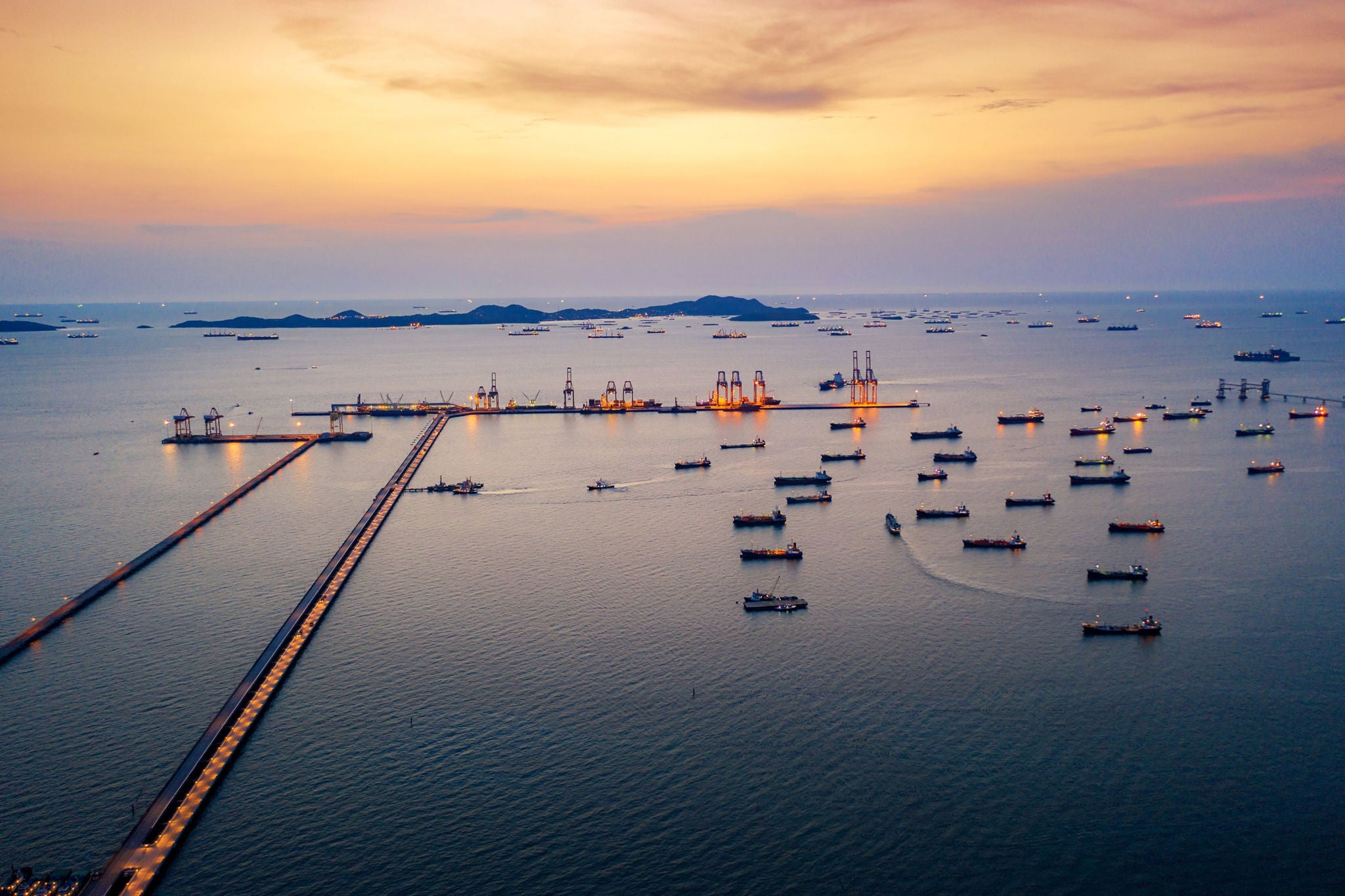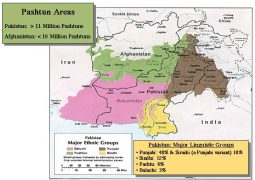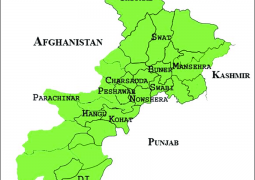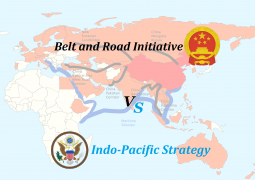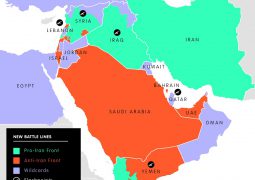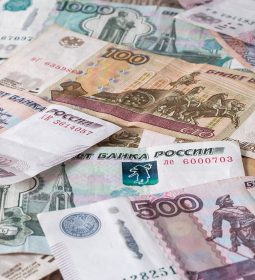Indian Oil Minister Hardeep Puri: Puri: Demand for chemicals to hit $1 trn by 2040

The Indian chemicals and petrochemical sector, with a current market size of $190 billion, is growing at a rate of 1.2-1.5 times the GDP.
By Manish Gupta
Domestic demand for chemicals and petrochemicals is expected to nearly triple and reach $1 trillion by 2040, minister of petroleum & natural gas Hardeep Singh Puri said at the Asia Petrochemical Industry Conference (APIC) 2023 on Friday.

“The Indian petrochemical industry is poised for transformational growth and is expected to contribute almost 10% to the incremental growth in the global petrochemical demand in the coming years,” Puri said.
The Indian chemicals and petrochemical sector, with a current market size of $190 billion, is growing at a rate of 1.2-1.5 times the GDP. The Centre has instituted policies to boost the sector, including 100% FDI through automatic route.
The proposed Petroleum, Chemicals and Petrochemicals Investment Region (PCPIR), policy to be implemented between 2020-2035, is likely to attract a total investment of over Rs 34 trillion and there is a plan to set up more than 10 plastic parks, the minister said.

“The chemicals and petrochemicals demand in India is expected to (more than) triple and reach $1 trillion by 2040,” Puri said, adding that there are potential investment opportunities of $30 billion in the decade to come.
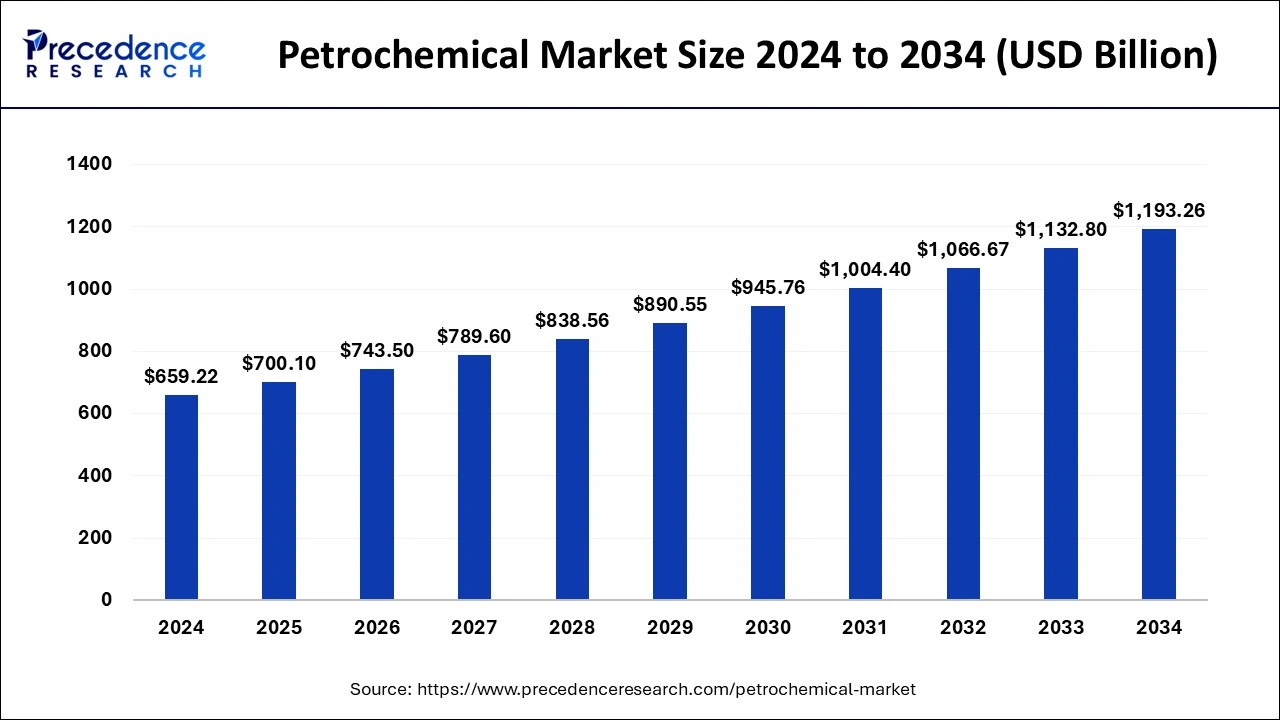
The minister further said that about 80% of India’s petrochemicals capacity is integrated with petroleum refineries and that it gives India an edge in terms of petrochemical feedstock certainty. India’s refining capacity has increased from 215 MMTPA in 2013-14 to 251.2 MMTPA — the fourth largest in the world.
Chemicals & fertilisers minister Mansukh Mandaviya said, “India is poised to be the new destination of petrochemicals, globally. The world views India as a trusted partner and priority destination for investment due to our business friendly policies.”
Mandaviya also said that India is focussing on making affordable and improved life-cycle petrochemical products to help reduce carbon footprint.
More than 1,200 delegates from seven member nations and participants from Europe, China, America, the Mid East and other Asian countries, including senior government officials of key nations and regional and global partners, attended the conference. APIC is hosted annually by the partner country associations from India, Japan, Korea, Malaysia, Singapore, Taiwan and Thailand.

Earlier in the day, on the successful flight of India’s first commercial airplane using indigenously produced Sustainable Aviation Fuel (SAF), oil minister Puri called it a significant step towards decarbonising the aviation sector.
“Production of SAF using sugarcane molasses as indigenous feedstock and technology in India is a major step towards self-reliance and de-carbonisation of the aviation sector in line with our commitment for achieving net zero by 2070,” he said, adding the petroleum sector is key for India to be energy Atmanirbhar by 2047.
- Previous India’s Petrochemical Boom: Projected To Soar To $300 Billion by 2025
- Next US prosecutors name Vikash Yadav, FBI puts him on Wanted list – Halistan sepratist plot



